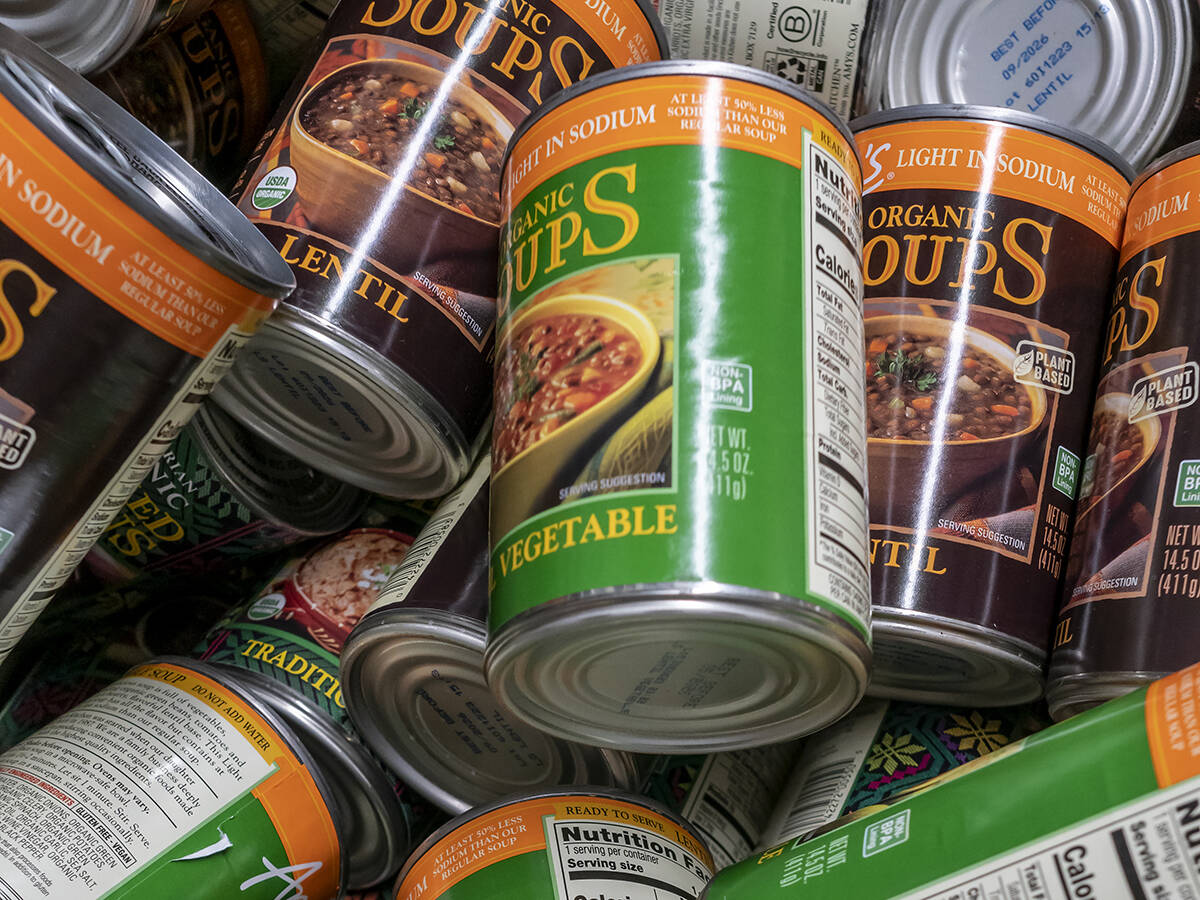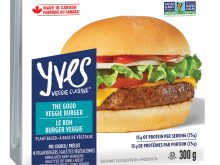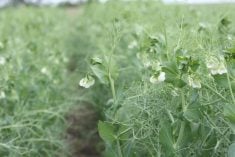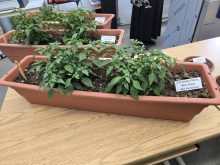WINNIPEG — For years, maybe decades, food and ingredient companies have made endless claims about sustainability.
Maybe their can of tuna was “sustainably sourced” or their instant oatmeal came from Canadian farms that grew “sustainable” oats.
That marketing strategy is deader than a doornail, says a University of Guelph professor who specializes in consumer preferences and perceptions of agriculture and food.
Read Also
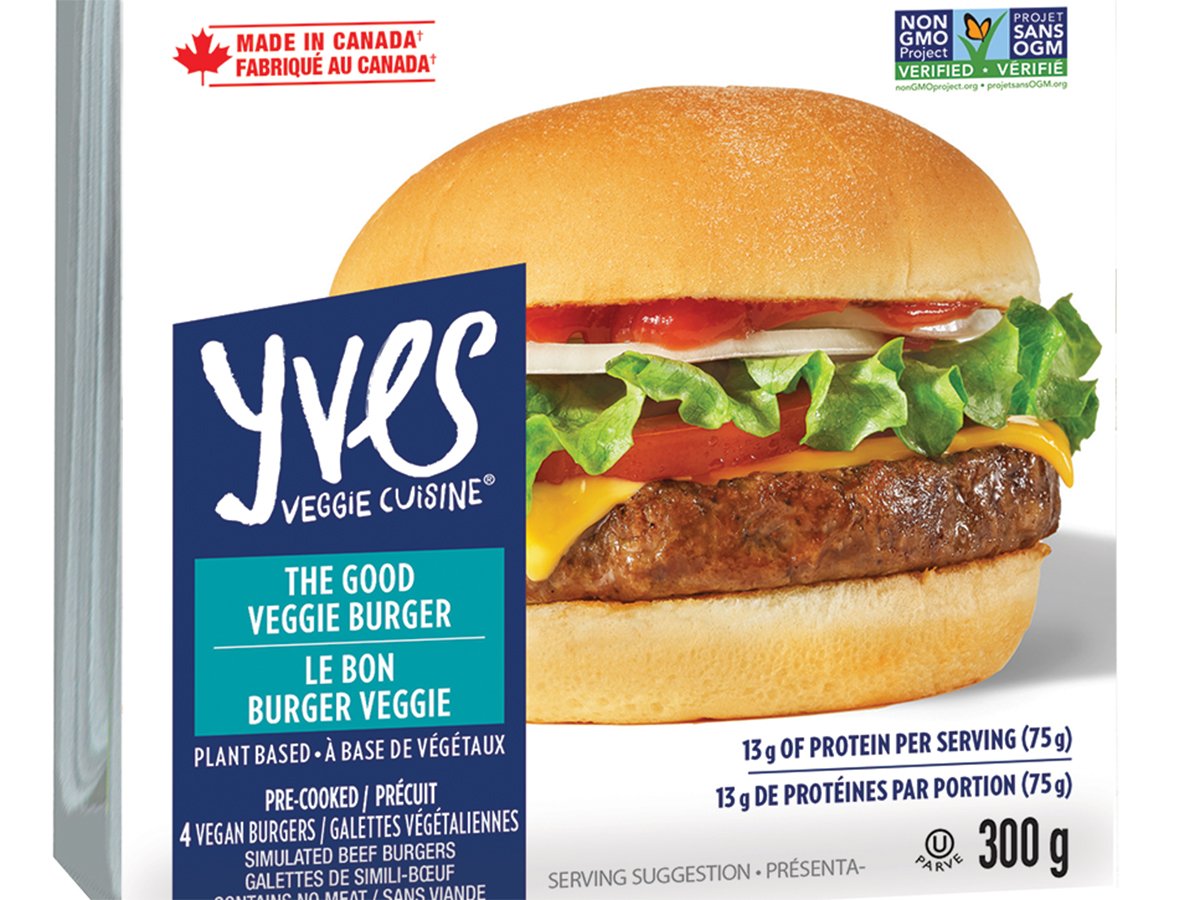
Plant-based ‘meat’ faces turning point
The U.S. firm that owns the Yves brand told CBC News that the “meat free” category has been in decline for several years, so the company made the difficult choice to pull Yves Veggie Cuisine products.
“We have to recognize that the word sustainability doesn’t matter,” said Mike Von Massow, who studies food value chains and why consumers choose certain products.
“So many people are saying this is “sustainable” that it’s lost all meaning and people don’t believe it…. I don’t think consumers are looking for sustainability anymore.”
In late September, Von Massow was part of a panel discussion on the global marketplace for plant-based foods at the Protein Industries Canada annual meeting in Winnipeg.
Protein Industries Canada has a mandate to help agri-food businesses and farmers reach the global market for plant based ingredients, food and bio-products, which is expected to reach $250 billion in annual sales by 2035.
Following the panel discussion, Von Massow clarified that the concept of sustainability still matters in the agri-food industry.
However, companies are focusing on specific areas, such as greenhouse gas emissions from food production. They’re sharing data on emission reductions with their customers to demonstrate their commitment to the environment.
“(They) are no longer saying, ‘we’re working on sustainability.’… It’s the detail that matters,” he said.
“Consumers are looking for specifics…. In order to be credible, we have to give them that detail.”
In a similar way, being functional is no longer good enough in the food ingredient business.
Ingredient firms used to sell their products on attributes such as taste, texture and appearance.
Companies that make breakfast cereal, soup, pasta and other foods still expect those things, but they also want ingredients that provide nutritional benefits that can be explained in a few words, said Richard Labonte of Roquette, a French company that operates the world’s largest pea protein plant in Portage la Prairie, Man.
“High protein, high fibre, low sugar, words like weight management,” said Labonte, who was part of the panel at the Winnipeg conference.
“Our customers demand the ability to say something on (the) package that can get the three seconds they have with someone (at the grocery store) to make a decision.”
Social media is having a gigantic impact on what people are choosing to eat or not eat, Labonte added.
“The psychology of the consumer is changing,” he said.
“A lot of this is driven by social media influencers, which can be (helpful) or not.”
One communication strategy in the agri-food sector that often comes up at farm organization meetings has not been effective, Von Massow said.
“Agriculture has been, ‘we’ve got to educate consumers,’ ” he said.
A better approach is to present specific data and information.
People can choose to use it or not.
“We need to give them the information they’re looking for.”




